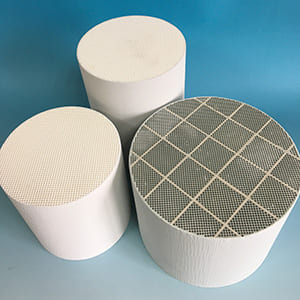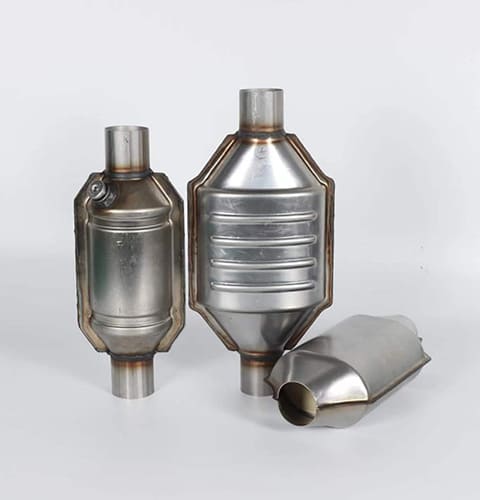The automotive industry is constantly evolving, and with it, the technology and materials used in catalytic converters are also advancing. As a wholesaler in the automotive parts industry, staying abreast of these innovations is essential. Understanding the latest developments in materials used in catalytic converters not only ensures you’re offering top-quality products but also helps in maintaining a competitive edge. But what exactly should wholesalers look for in these material innovations?
Material innovations in catalytic converters focus on enhancing efficiency, durability, and environmental compliance. These advancements are driven by stricter emission regulations and the automotive industry’s shift towards more sustainable practices.
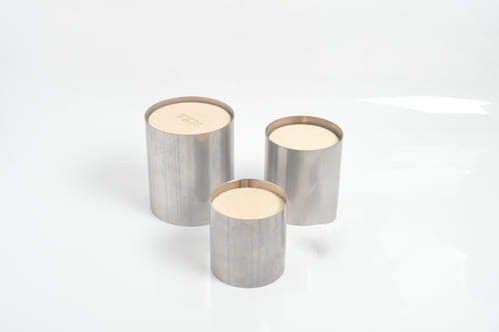
Key Material Innovations in Catalytic Converters:
- Advanced Catalyst Materials: Look for new formulations of catalyst materials like platinum, palladium, and rhodium. Recent innovations focus on optimizing these materials for better performance and longevity.
- Substrate Developments: The substrate material, typically ceramic or metallic, is crucial for the converter’s effectiveness. Innovations here aim at increasing surface area and durability while reducing weight.
- Coating Technologies: Advanced coating technologies enhance the converter’s ability to reduce pollutants. Look for converters with innovative coatings that improve the conversion of harmful gases.
- Heat-Resistant Materials: With engines becoming more efficient and hotter, catalytic converters need materials that can withstand higher temperatures without deteriorating.
- Sustainability Focus: As environmental concerns grow, there’s a shift towards using more sustainable and less rare materials. Wholesalers should be aware of this trend for future-proofing their inventory.
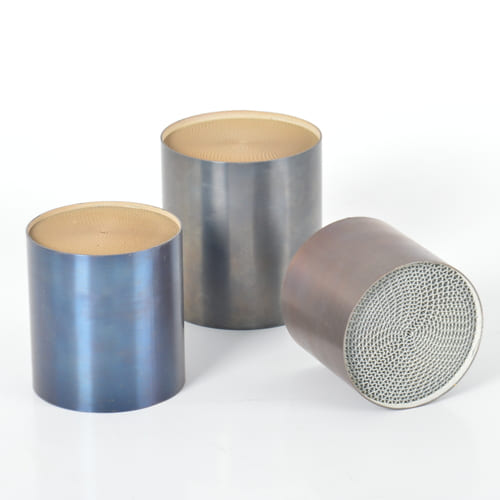
How Do These Innovations Impact Wholesalers?
- Staying Competitive: Offering the latest technology in catalytic converters can set a wholesaler apart in the market.
- Regulatory Compliance: Ensuring that the products meet current and upcoming emission standards is critical.
- Cost-Effectiveness: While advanced materials may be more expensive, they can offer better long-term value due to increased durability and efficiency.
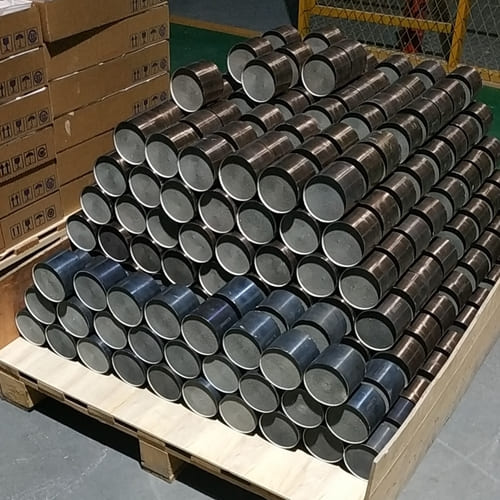
Conclusion
For wholesalers, staying informed about material innovations in catalytic converters is crucial. These advancements not only signify progress in emission control technology but also present opportunities for differentiation in a competitive market. By focusing on advanced catalyst materials, innovative substrates and coatings, heat-resistant components, and sustainable alternatives, wholesalers can ensure they are providing high-quality, compliant, and future-ready products to their clients. Understanding these material innovations is key to maintaining relevance and success in the rapidly evolving automotive parts industry.

